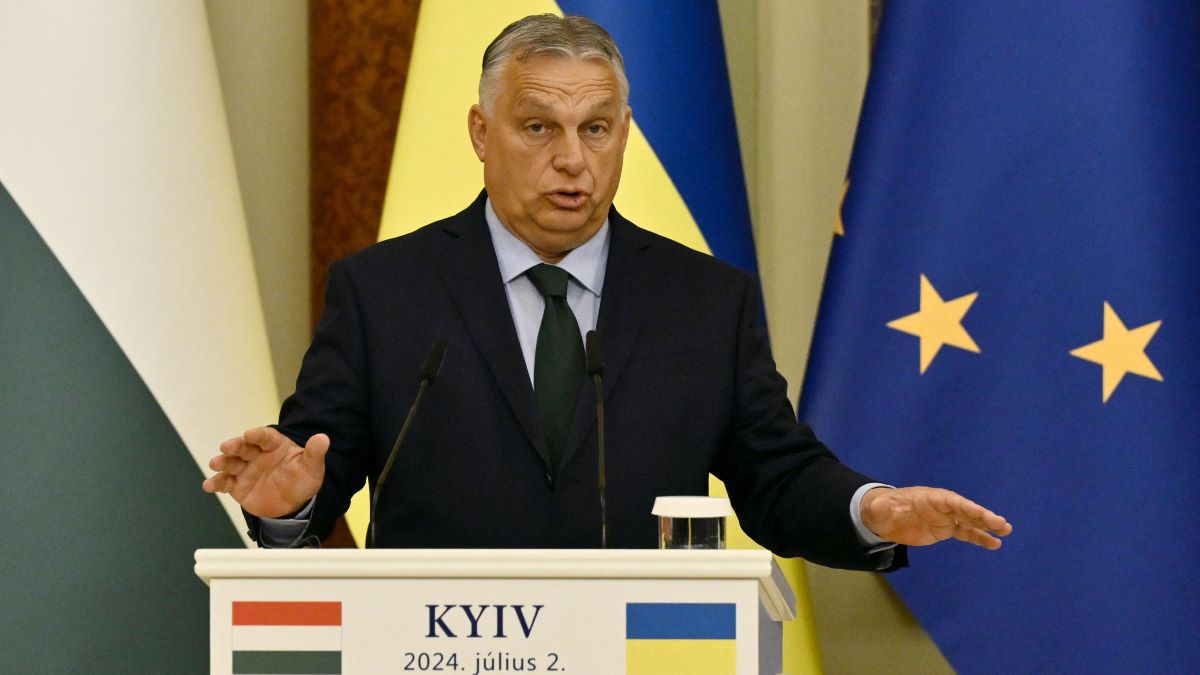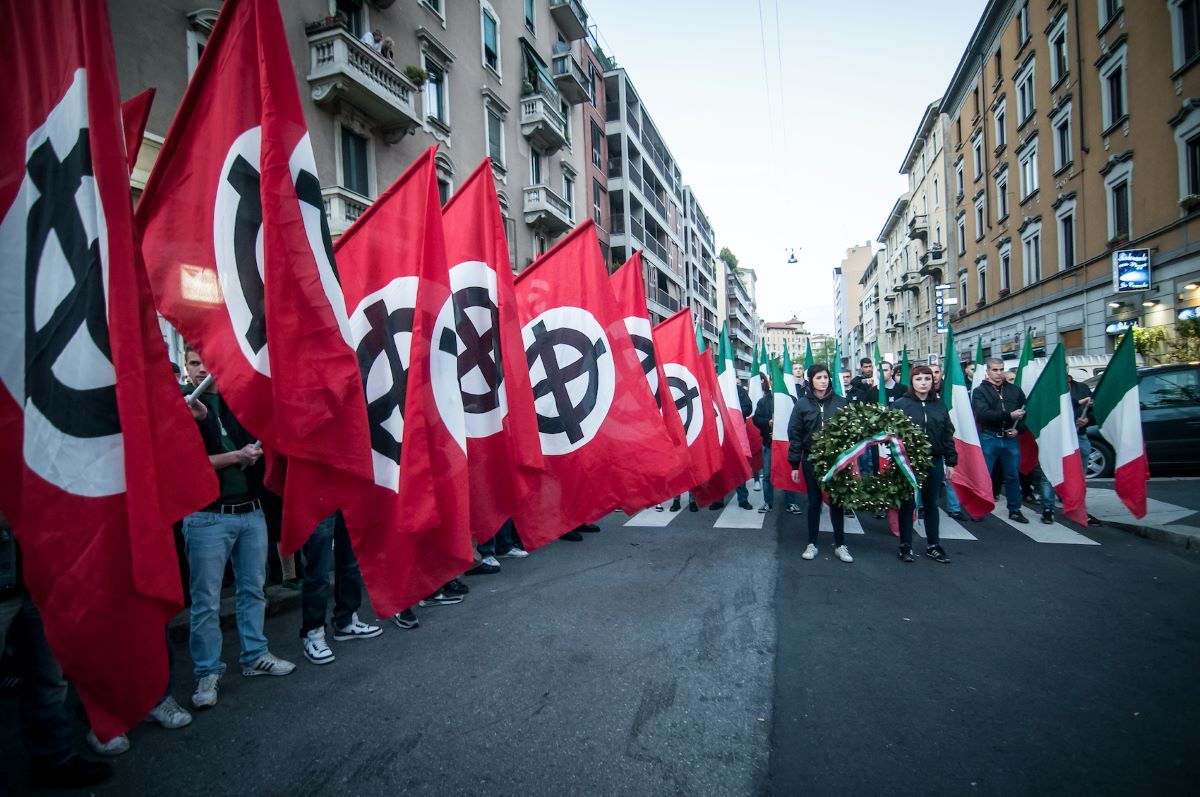Elena Basile criticizes Nathalie Tocci’s article on Xi Jinping’s visit to Europe, accusing the Institute of International Affairs of reflecting an American neoconservative policy and casting China in a negative light. Basile argues that the EU favors American interests, denouncing a proxy war in Ukraine and questioning Europe’s real strategic autonomy.
* * *
by Elena Basile
I would like to respond, if it is still allowed in a public debate, to the remarks of Paolo Mieli and Nathalie Tocci, the director of the Institute of International Affairs, which has had a glorious tradition and has been a point of reference for many diplomats and analysts of international relations. My address is primarily to Tocci. I do not want my constant criticism of Mieli’s analyses to be seen as a personal conflict with a historian whom I respect in many ways. I analyze Tocci’s article, for whom I have sympathy even though I do not share her positions.
The IAI recently seems to be an echo chamber for U.S. neoconservative policy. It would be important for readers to be informed about the funding that the research institute receives and how the theses it promotes are politically conditioned. In an article that appeared in La Stampa on May 7, Tocci analyzes Xi Jinping’s visit to Europe. Using expressions like “the president seems to want to play a cynical divide et impera” and “Machiavellian balancing act between stick and carrot,” the director tries to instill distrust in the unsuspecting reader towards this Mephistophelian figure who dares to make an official visit to France (a country that having defended the need for troops in Ukraine is presented as the most consistent of allies) and to Hungary and Serbia (who having the largest commercial exchange with China, would be victims of “subservience”).
Equating a member country of the EU, Hungary, with Serbia, which is not, is misleading for a correct analysis. Xi, according to Tocci, would demonstrate “Euroscepticism” (as if he were a candidate to join the EU), has during his visit primarily pursued the commercial and geopolitical interests of China like any other Western head of state, perhaps described by the IAI as a statesman capable of achieving ethical objectives. Hungary, unlike Italy, has wanted to follow economic gain and not prejudicial ideological choices, boasts significant economic returns. This would be proof of subservience. It is indeed hilarious that Europe, betraying the economic and energy interests of the European people to support uncritically the exclusive returns of Washington, would be considered free. Moreover, Xi celebrated in Serbia the 25th anniversary of the (accidental, Tocci assures us) attack on the Chinese Embassy in Belgrade during the (illegal, I add) NATO bombings. A posture of “bad guys.” Beijing should not dare commemorate a tragic and embarrassing episode for the West. Has Tocci realized that China is a nuclear and economic power capable of surpassing the United States by 2050 and already holding several records as a country exporter and producer of cutting-edge technologies? Could we move away from the hypertrophic ego of the West and stop looking at other powers as if they were vassals of the Empire? Could Tajani be more realistic? Xi, facing the trade war announced by Von der Leyen against Chinese electric machines and an entire green sector of the international economy, made it known in Paris that he could respond by limiting exports of cutting-edge technologies and imports of cosmetics, cognac, dear to the French, and the agri-food sector. With a surprising squint, the Chinese reaction is portrayed as an unfair affront to the West. It is considered normal for the US to warn Beijing not to economically and financially help Moscow, while we conduct a proxy war in Ukraine.
Finally, Tocci describes Macron as the coherent interpreter of European strategic autonomy, necessary in view of Trump’s probable victory in the elections. Strategic autonomy should involve identifying European interests that I would ask Tocci to please indicate, possibly net of propaganda, in this war against Russia. In Macron’s interpretation, European autonomy is expressed instead as a continuation of the strategy of democratic hawks, even with troops on Ukrainian soil, against Trumpian America, which might reach a mediation with Moscow. The EU therefore against the US to realize American interests! It is hoped that European ruling classes remain enslaved to the financial and energy oligarchies in a suicidal conflict against Russia, which has sought for 15 years to obtain the neutrality of Kiev precisely because it has no intention of attacking a NATO state. Logic is now devoured by a demented ideology.
Il Fatto Quotidiano, May 11, 2024





